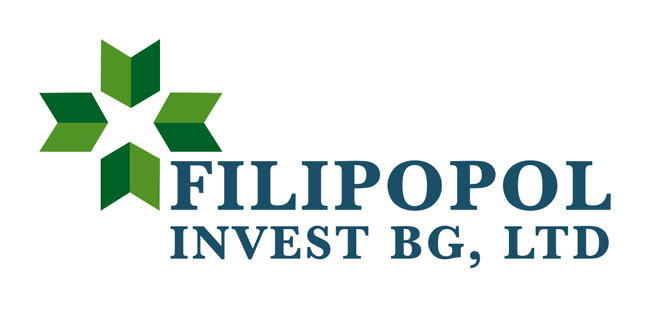Industry & Market Research
Industry and market research in urban farming is essential for gaining insights into the current trends, challenges, and opportunities within this growing sector. It helps businesses and stakeholders make informed decisions, identify market gaps, and develop strategies to capitalize on the potential of urban farming



OUR COMMITMENT
FILIPOPOL is an advisory investment and services firm focused on green, agriculture, particularly urban and controlled environment agriculture
Here are some key services we offer to our clients :
Market Size and Growth: Determine the size of the Bulgarian urban farming market, by city, including the value of products and services. Analyze past and projected growth rates to understand the market’s trajectory and potential for eacg city or region.
Market Segmentation: Identify different segments within the urban farming market, such as vertical farming, rooftop gardening, community gardens, and hydroponics. Evaluate the size, growth rate, and specific needs of each segment.
Competitive Landscape: Analyze the competitive environment by identifying key players, their market share, product offerings, and competitive advantages. Assess barriers to entry and potential partnerships or collaborations.
Consumer Demographics and Trends: Understand the target audience for urban farming products and services. Analyze consumer demographics, preferences, and behaviors related to sustainable and locally grown produce. Identify emerging trends and consumer demands in urban farming.
Technological Innovations: Explore advancements in urban farming technologies, such as automation, sensors, artificial intelligence, and data analytics. Assess the impact of these technologies on productivity, resource efficiency, and sustainability.
Regulatory Environment: Understand the regulatory framework and policies related to urban farming at local, regional, and national levels. Identify any barriers or opportunities for growth and compliance requirements.
Economic Viability and Business Models: Evaluate the economic viability of different urban farming models, including revenue streams, cost structures, and potential profitability. Analyze successful business models and their scalability.
Sustainability and Environmental Impact: Assess the environmental benefits of urban farming, such as reduced carbon footprint, water conservation, and increased food security. Identify sustainable practices and certifications that enhance market competitiveness.
Supply Chain and Distribution Channels: Analyze the urban farming supply chain, including inputs, production, processing, and distribution. Identify potential bottlenecks, logistics challenges, and opportunities for optimization.
Stakeholder Engagement: Engage with key stakeholders in the urban farming ecosystem, including farmers, suppliers, retailers, consumers, and policymakers. Conduct surveys, interviews, and focus groups to gather insights and validate research findings.
